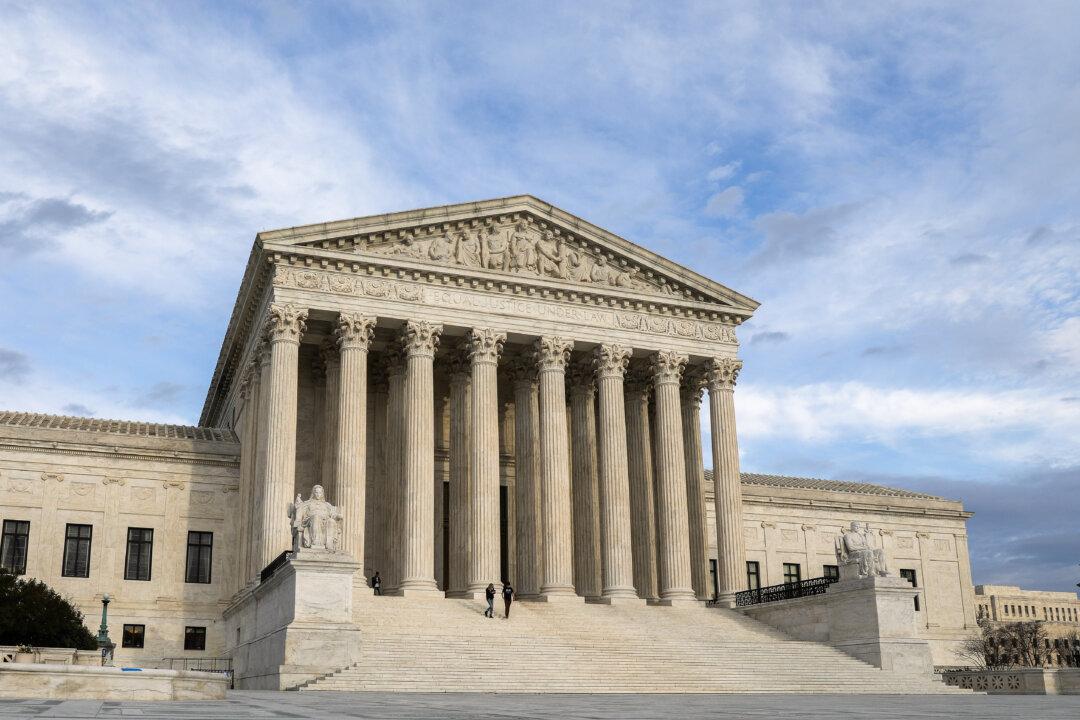Religious schools should be shielded from employment discrimination lawsuits brought by former teachers, the Supreme Court heard May 11.
That point of view was advanced in two cases, Our Lady of Guadalupe School v. Morrissey-Berru and St. James School v. Biel, that were consolidated and heard together telephonically on May 11 and broadcast to the public. One hour was set aside for oral arguments, but the hearing ran an hour and 40 minutes.





